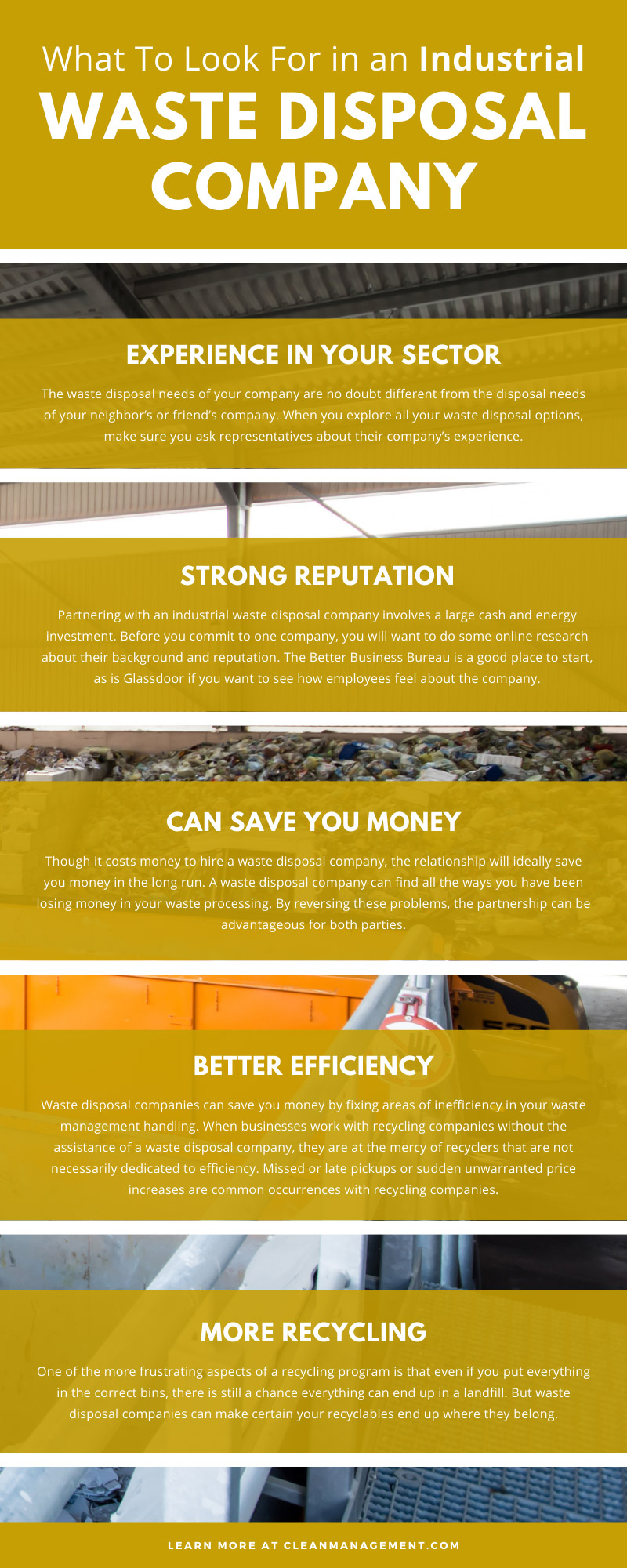Wastewater Treatment Services
What Is Wastewater Treatment?
Wastewater treatment services involve filtering solids from liquid, disposing of the solids, and discharging the liquid.
Wastewater
The kinds of wastewater that are most concerning come from industrial processes and other human activities. Nature has a way of naturally cleansing water, but it can only handle so much. Wastewater treatment plants bring the concentration of pollutants in the water down to a more naturally manageable level.
Why Treat?
Wastewater treatment services are essential for the health of the environment. All kinds of life depend upon clean water. Wildlife, human recreation, and health in general rely on water being free of harmful substances that can compromise the integrity of living organisms.
How Does It Work?

There are four main ways of treating wastewater:
- Physical Water Treatment: Liquids are separated from solids through means like filtration and skimming. Nothing is sorted chemically at this stage.
- Biological Water Treatment: Microorganisms are introduced to break down organic matter present in the wastewater.
- Chemical Water Treatment: Introduces chemicals, like chlorine, to kill bacteria and purify the water.
- Sludge Treatment: Methods for separating liquids and solids from wastewater using the “least possible residual moisture.”
Steps for Wastewater Treatment
- Collection: The first step in the treatment process is to collect the wastewater. Once the water has been collected, it can be directed to a treatment facility
- Odor Control: Wastewater tends to have a pungent odor, made worse the longer it sits before treatment. To minimize foul odors, neutralizing chemicals are introduced.
- Large-Object Filtering: The wastewater is filtered for the largest of items that could cause problems for treatment equipment. These items are then disposed of appropriately according to their type.
- Treatment: Wastewater undergoes several treatments of increasing intensity.
- Disinfection: Even after the first few treatment rounds, organisms may still exist within the wastewater. To get rid of those, chemical methods are employed.
- Sludge Treatment: Sludge separates from the water and both are processed for release.
Types of Wastewaters Accepted
Clean Management offers treatment of hazardous and nonhazardous bulk liquids. We accept the following types of wastewaters:
- Organic and inorganic wastewater
- Industrial wastewater
- Oil and water mixtures
- Listed and CERCLA hazardous wastewater
- RCRA wastewater with heavy metals and organics
- Nonhazardous wastewater
For more information on how Clean Management can assist your business with wastewater treatment services, request a free quote here.







